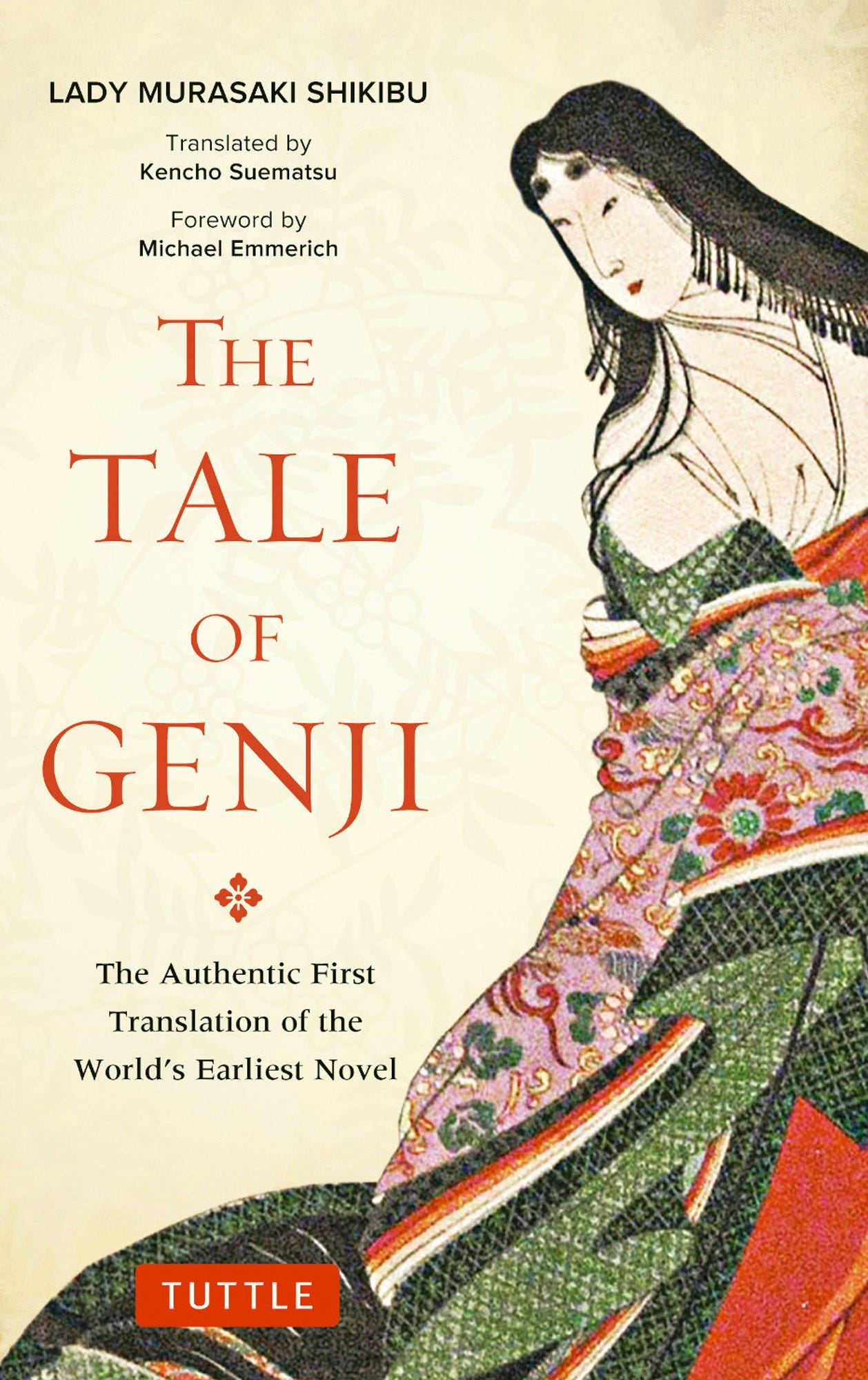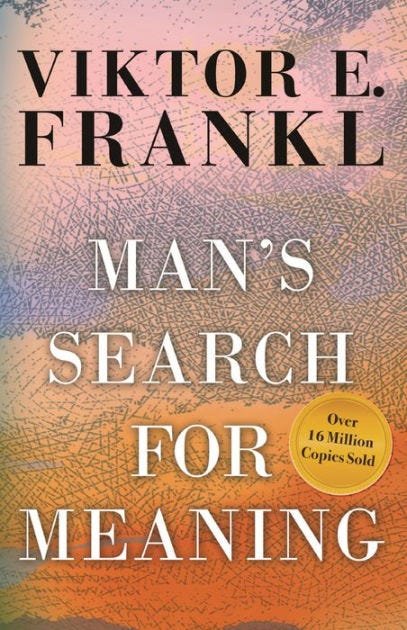Today’s readings include historically first published books (meaning the first actually published book written in the 11th century), and a few books I was required to read in college (a Presbyterian college, no less). Why would I include those books? Well, it seems that things in America have taken some turns since the 1990’s when I read those books, and those who would have supported broader thinking back then are burning those books now. I find it worrisome.
First on the list, the first book (11th century).
The Tale of Genji: The Authentic First Translation of the World's Earliest Novel
Murasaki Shikibu (Author) Kencho Suematsu (Translator) Michael Emmerich (Foreword by)
The most famous work of Japanese literature and the world's first novel--written a thousand years ago and one of the enduring classics of world literature.
Written centuries before the time of Shakespeare and even Chaucer, The Tale of Genji marks the birth of the novel--and after more than a millennium, this seminal work continues to enchant readers throughout the world.
Lady Murasaki Shikibu and her tale's hero, Prince Genji, have had an unmatched influence on Japanese culture. Prince Genji manifests what was to become an image of the ideal Heian era courtier; gentle and passionate. Genji is also a master poet, dancer, musician and painter. The Tale of Genji follows Prince Genji through his many loves and varied passions. This book has influenced not only generations of courtiers and samurai of the distant past, but artists and painters even in modern times--episodes in the tale have been incorporated into the design of kimonos and handicrafts, and the four-line poems called waka which dance throughout this work have earned it a place as a classic text in the study of poetry.
This version by Kencho Suematsu was the first-ever translation in English. Condensed, it's a quarter length of the unabridged text, making it perfect for readers with limited time.
"Not speaking is the wiser part,
And words are sometimes vain,
But to completely close the heart
In silence, gives me pain."
--Prince Genji, in The Tale of Genji
I Know Why the Caged Bird Sings
Maya Angelou (Author) Oprah Winfrey (Foreword by)
Maya Angelou's debut memoir is a modern American classic beloved worldwide. Her life story is told in the documentary film And Still I Rise, as seen on PBS's American Masters.
Here is a book as joyous and painful, as mysterious and memorable, as childhood itself. I Know Why the Caged Bird Sings captures the longing of lonely children, the brute insult of bigotry, and the wonder of words that can make the world right. Maya Angelou's debut memoir is a modern American classic beloved worldwide.
Sent by their mother to live with their devout, self-sufficient grandmother in a small Southern town, Maya and her brother, Bailey, endure the ache of abandonment and the prejudice of the local "powhitetrash." At eight years old and back at her mother's side in St. Louis, Maya is attacked by a man many times her age--and has to live with the consequences for a lifetime. Years later, in San Francisco, Maya learns that love for herself, the kindness of others, her own strong spirit, and the ideas of great authors ("I met and fell in love with William Shakespeare") will allow her to be free instead of imprisoned.
Poetic and powerful, I Know Why the Caged Bird Sings will touch hearts and change minds for as long as people read.
"I Know Why the Caged Bird Sings liberates the reader into life simply because Maya Angelou confronts her own life with such a moving wonder, such a luminous dignity."--James Baldwin
Brave New World
Aldous Huxley (Author)
Now more than ever: Aldous Huxley's enduring masterwork must be read and understood by anyone concerned with preserving the human spirit
"A masterpiece. . . . One of the most prophetic dystopian works." --Wall Street Journal
Aldous Huxley's profoundly important classic of world literature, Brave New World is a searching vision of an unequal, technologically-advanced future where humans are genetically bred, socially indoctrinated, and pharmaceutically anesthetized to passively uphold an authoritarian ruling order--all at the cost of our freedom, full humanity, and perhaps also our souls. "A genius [who] who spent his life decrying the onward march of the Machine" (The New Yorker), Huxley was a man of incomparable talents: equally an artist, a spiritual seeker, and one of history's keenest observers of human nature and civilization.
Brave New World, his masterpiece, has enthralled and terrified millions of readers, and retains its urgent relevance to this day as both a warning to be heeded as we head into tomorrow and as a thought-provoking, satisfying work of literature. Written in the shadow of the rise of fascism during the 1930s, Brave New World likewise speaks to a 21st-century world dominated by mass-entertainment, technology, medicine and pharmaceuticals, the arts of persuasion, and the hidden influence of elites.
Swastika Night
Katharine Burdekin (Author) Daphne Patai (Afterword by)
Published in 1937, twelve years before Orwell's 1984, Swastika Night projects a totally male-controlled fascist world that has eliminated women as we know them. Women are breeders, kept as cattle, while men in this post-Hitlerian world are embittered automatons, fearful of all feelings, having abolished all history, education, creativity, books, and art. The plot centers on a "misfit" who asks, "How could this have happened?"
The Metamorphosis
Franz Kafka (Author) Tony Darnell (Editor)
"The Metamorphosis" (original German title: "Die Verwandlung") is a short novel by Franz Kafka, first published in 1915. It is often cited as one of the seminal works of fiction of the 20th century and is widely studied in colleges and universities across the western world. The story begins with a traveling salesman, Gregor Samsa, waking to find himself transformed into an insect.
Man's Search for Meaning
Viktor E. Frankl (Author) William J. Winslade (Afterword by) Harold S. Kushner (Foreword by)
A book for finding purpose and strength in times of great despair, the international best-seller is still just as relevant today as when it was first published.
"This is a book I reread a lot . . . it gives me hope . . . it gives me a sense of strength."
--Anderson Cooper, Anderson Cooper 360/CNN
This seminal book, which has been called "one of the outstanding contributions to psychological thought" by Carl Rogers and "one of the great books of our time" by Harold Kushner, has been translated into more than fifty languages and sold over sixteen million copies. "An enduring work of survival literature," according to the New York Times, Viktor Frankl's riveting account of his time in the Nazi concentration camps, and his insightful exploration of the human will to find meaning in spite of the worst adversity, has offered solace and guidance to generations of readers since it was first published in 1946. At the heart of Frankl's theory of logotherapy (from the Greek word for "meaning") is a conviction that the primary human drive is not pleasure, as Freud maintained, but rather the discovery and pursuit of what the individual finds meaningful. Today, as new generations face new challenges and an ever more complex and uncertain world, Frankl's classic work continues to inspire us all to find significance in the very act of living, in spite of all obstacles.
The Sympathizer: A Novel (Pulitzer Prize for Fiction)
Viet Thanh Nguyen (Author)
Soon to be an HBO Original Series
Winner of the 2016 Pulitzer Prize for Fiction
Winner of the 2016 Edgar Award for Best First Novel
Winner of the 2016 Andrew Carnegie Medal for Excellence in Fiction
One of TIME's 100 Best Mystery and Thriller Books of All Time
"[A] remarkable debut novel." --Philip Caputo, New York Times Book Review (cover review)
Winner of the 2016 Pulitzer Prize, a startling debut novel from a powerful new voice featuring one of the most remarkable narrators of recent fiction: a conflicted subversive and idealist working as a double agent in the aftermath of the Vietnam War.
The winner of the 2016 Pulitzer Prize for Fiction, as well as seven other awards, The Sympathizer is the breakthrough novel of the year. With the pace and suspense of a thriller and prose that has been compared to Graham Greene and Saul Bellow, The Sympathizer is a sweeping epic of love and betrayal. The narrator, a communist double agent, is a "man of two minds," a half-French, half-Vietnamese army captain who arranges to come to America after the Fall of Saigon, and while building a new life with other Vietnamese refugees in Los Angeles is secretly reporting back to his communist superiors in Vietnam.
The Sympathizer is a blistering exploration of identity and America, a gripping espionage novel, and a powerful story of love and friendship.
We think how you spend your time matters. Spending time with quality reading is one of the best possible things you can do for yourself. All of the narratives written and the book covers are taken from the sales page. All purchases support local bookstores near you.









